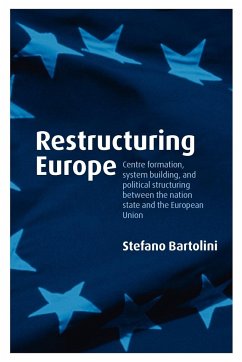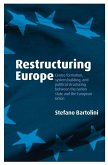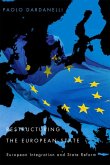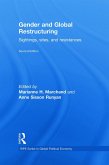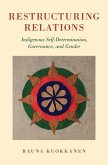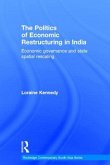This work also seeks to sharpen the conceptual tools currently available to deal with processes of territorial enlargement and unification. It develops a theoretical framework for political structuring beyond the nation state, capable of linking all aspects of EU integration (inter-governmentalism, definition of rights, the 'constitutionalization' of treaties, the tensions between the new territorial hierarchy and the nation states, etc.). The book adopts an 'holistic' approach to integration, in the form of a theory from which hypotheses can be generated (even if it is not possible to test all of its components). This theoretical framework has three principal aims: to overcome a rigid distinction between domestic politics and international relations; to link actors' orientations, interests, and motivations with macro outcomes; and to relate structural profiles with dynamic processes of change.
This book presents a radically new theory of European integration. Focusing on the historical configuration of the European nation-states, Bartolini traces the trajectories of modern-day European integration, situating it as a new historical phase in the development of Europe.
This book presents a radically new theory of European integration. Focusing on the historical configuration of the European nation-states, Bartolini traces the trajectories of modern-day European integration, situating it as a new historical phase in the development of Europe.

